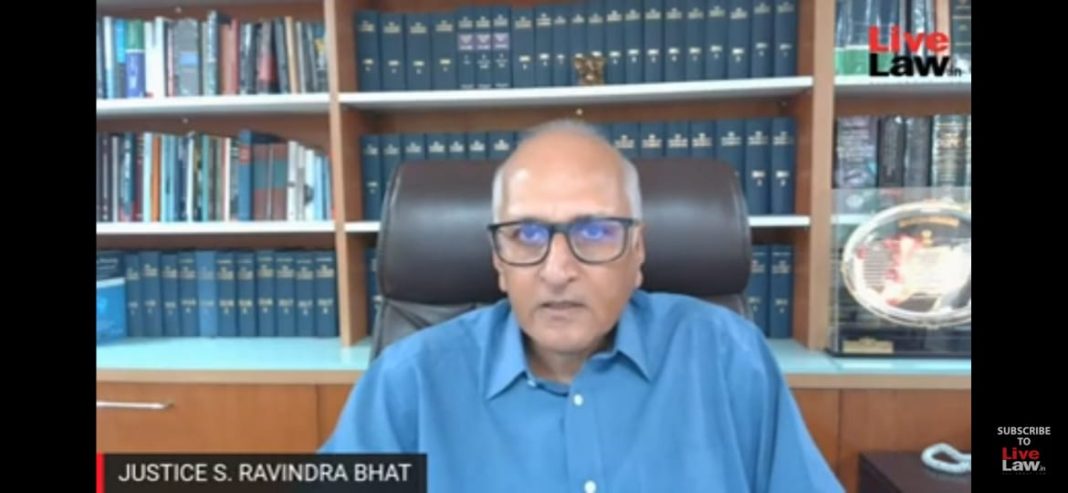Supreme Court judge Justice Ravindra S Bhat on Wednesday batted for increased participation of denotified tribal communities, including both nomadic and semi-nomadic in various events across the country, for their inclusion in the mainstream society.
Speaking during an online lecture titled ‘Denotified Tribes and the Criminal Justice System,’ Justice Bhat said, “The tribal communities have suffered in the country for long.
“When Jawaharlal Nehru said, ‘At the stroke of the midnight hour, when the world sleeps, India will awake to life and freedom,’ this freedom was not meant for all people of the country,” he added.
The event was organised to commemorate the Vimukta Jatis Divas, which is celebrated every year on August 31 across the country by the de-notified tribal communities.
After denotification in 1952, about 200 communities were included in Scheduled Tribe (ST), Scheduled Caste (SC) and Other Backward Caste lists.
According to Justice Bhat, “The tribal people of the country participated in the 1857 mutiny, which made the British government take note of them. The British took advantage of the caste culture prevalent in the country during those years and told the tribal communities fell outside the scope of this caste culture.
“They followed the Divide and Rule policy to segregate the tribal communities from other Indians and brought the draconian Criminal Tribes Act (CTA), placing all tribal communities across the country under it,” he added.
According to Justice Bhat, the colonial administrators saw crime as a profession, which was passed across generations, just like any other profession or trade.
The tribal communities came to be known as a hereditary criminal class then, which led to their further alienation from the mainstream society.
The disproportionate impact it had on these communities, still continues, despite the passage of so many years.
The government should work on their inclusion in the mainstream society by taking some immediate measures.
The system must be revised, so that the members of these communities, who have suffered for a very long time, get the opportunity to bfeel a part of this country.
They have been prejudiced to be employed for the lowest strata of work. Even the United Nations had reported that NDT was the most prejudiced, disadvantaged and exploited community in the country. This presumption needs to be changed. People even associate alcohol with certain tribal communities, he added.
Justice Bhat said the government should work on including 69 communities from NDT under their developmental schemes, so that they can avail the benefits, like other people of the country.
Certain Acts, such as the Indian Forest Act 1927, the Wild Life (Protection) Act 1972, and the Environment Protection Act 1986, have proved detrimental to the growth of these communities. They were told to abstain from hunting and even change their profession, he added.
“Though we need to protect certain species from extinction, but the livelihood and food sources of these tribes cannot be taken by them. This will make them susceptible to crime and there is danger of them becoming habitual offenders.
“The large industries, which pollute the environment, but are never prosecuted, should be made accountable. For centuries, these tribes have co-existed with the environment,” he added.
Stating that people need to unlearn the prejudices, which have seeped into the Indian society against these tribes, Justice Bhat said the government has started a survey to study these communities, which is a welcome step, however, much needs to done for them.


